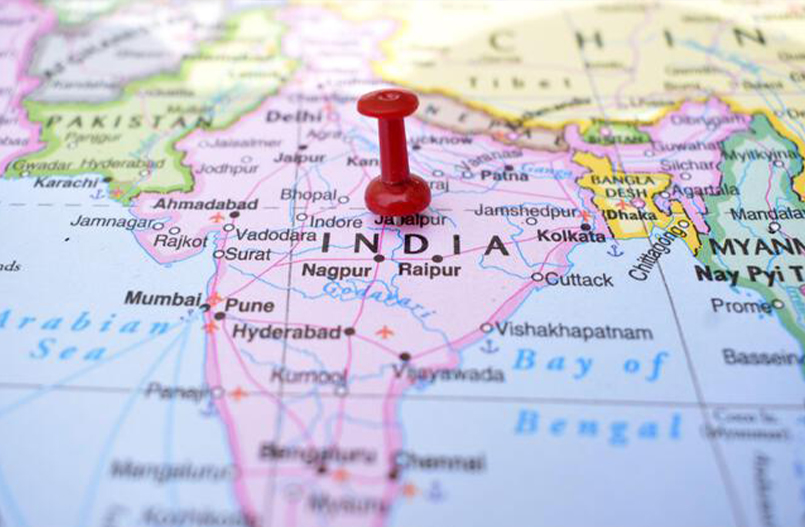Initiatives like Make in India and Start-up India, coupled with reforms in Foreign Direct Investment and Ease of Doing Business, have positioned India on a trajectory towards fostering sustainable growth in the manufacturing sector while bolstering its export capabilities.
While India has long been recognized for its conventional exports like textiles, gems, and jewelry, it has also experienced significant export growth in diverse sectors, including engineering machinery, precision components, specialty chemicals, pharmaceutical products, auto-components, and transportation equipment.
In recent years, India’s manufacturing sector has demonstrated strong and consistent growth, with even greater promise expected in the near future. According to projections from the National Manufacturing Competitiveness Council (NMCC), this sector is on track to make up 25% of India’s GDP by 2025, aiming to achieve the milestone of becoming a USD 1 trillion manufacturing economy.

The advantages that India offers are driving progress across various industries, attracting the attention of international giants like Hyundai, Foxconn, Samsung, and Airbus, who are actively seeking to expand their manufacturing operations within the country. These developments are poised to propel India to new heights of success in all facets of manufacturing, solidifying its position on the global stage as a vital sourcing hub.

India is consistently recognized for its expertise in producing high-value goods that require precise engineering and exceptional quality. As a result, it has emerged as the top choice for global manufacturing companies seeking outsourcing opportunities. This preference is driven by several factors, including India’s well-developed skill base, competitive labor costs, strong capabilities in design and engineering, reliable suppliers, and a deep understanding of international business standards, encompassing quality, packaging, and social and safety considerations.
In today’s interconnected global landscape, the growth of various sectors hinges on their ability to remain competitive. India has positioned itself impressively in this regard, securing the second position worldwide in the Global Manufacturing Competitiveness Index (GMCI). This achievement underscores India’s significance in the international manufacturing arena, with its only superior being Japan when it comes to hosting companies recognized for their commitment to quality excellence.
India has become an attractive destination for numerous international manufacturing giants, who have established production facilities in the country. The Indian manufacturing industry is deeply committed to enhancing its competitiveness by embracing technology integration, fostering innovation, and implementing backward integration strategies. These efforts are aimed at propelling India higher up the product value chain.
The Indian government recognizes the pivotal role played by technology development and innovation in expanding the manufacturing sector. In acknowledgment of this, it has introduced a range of incentives and support mechanisms to facilitate technological advancements within the industry.
